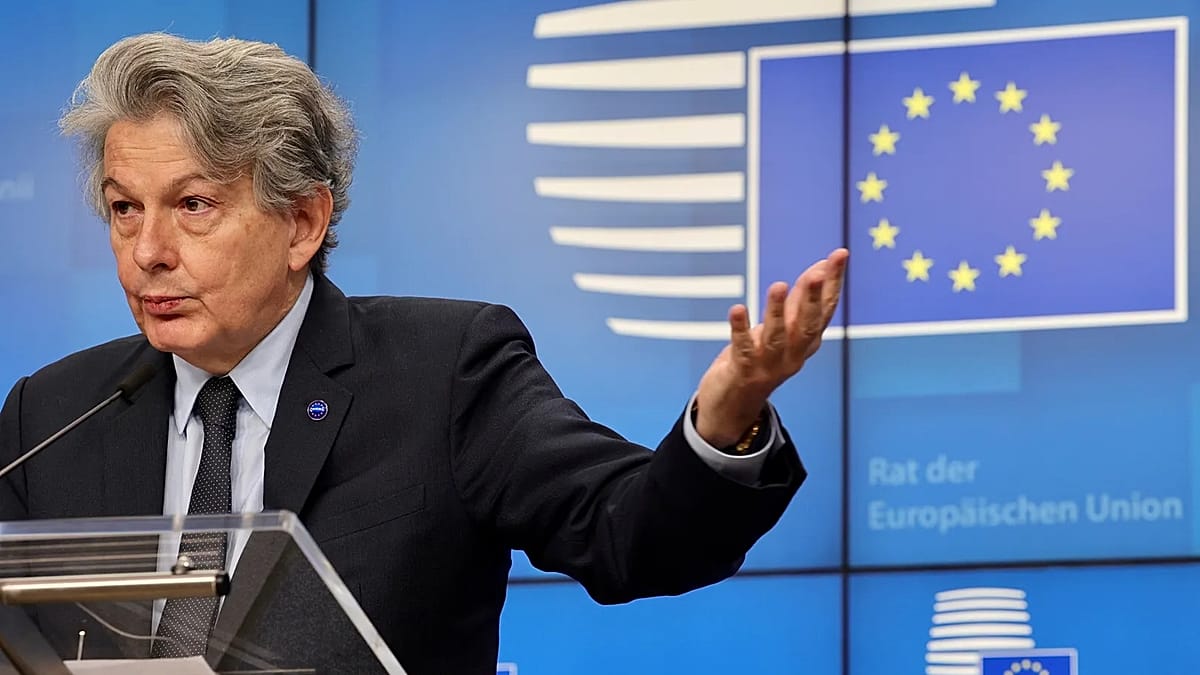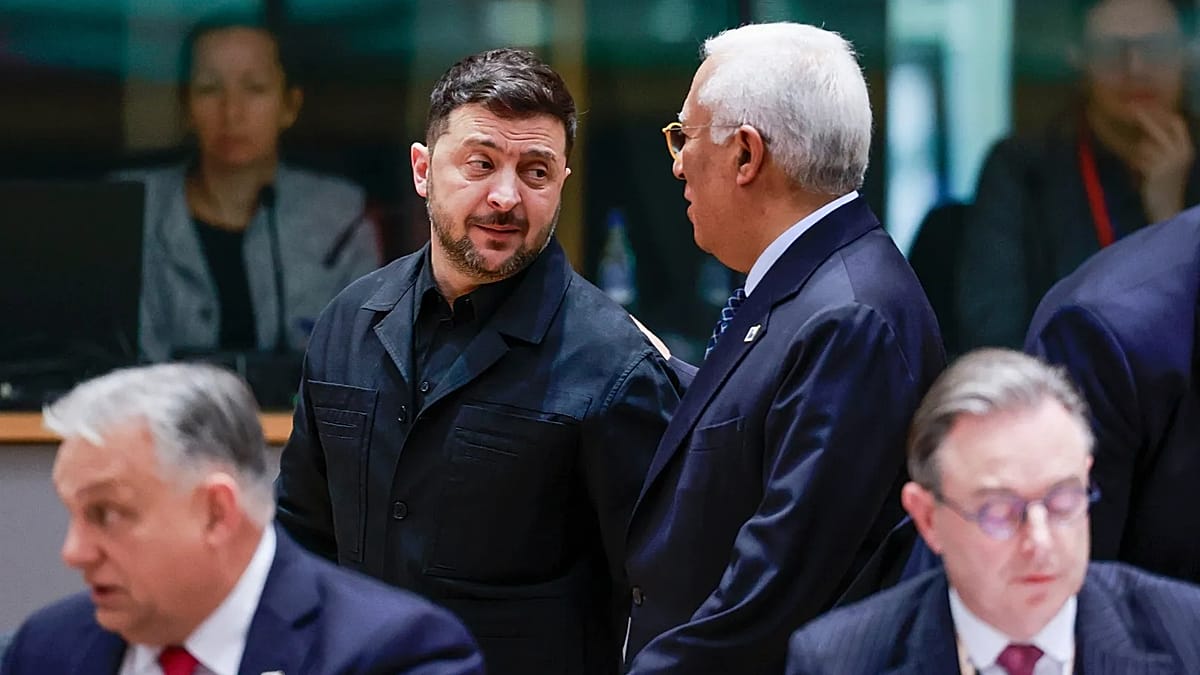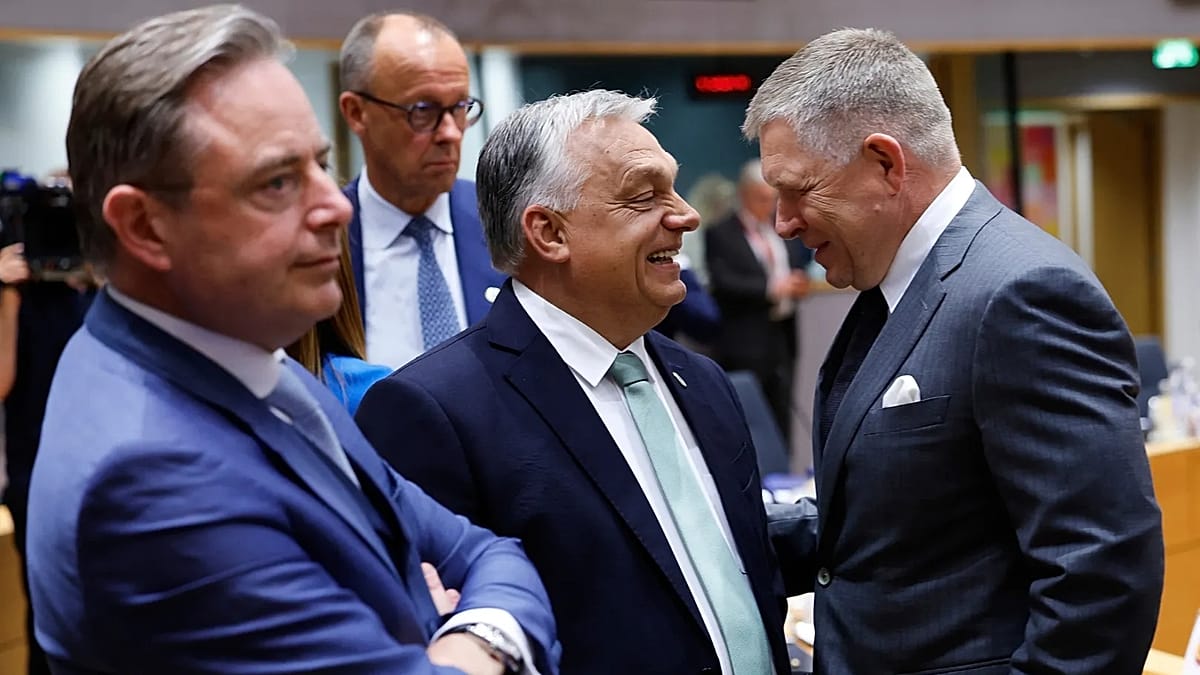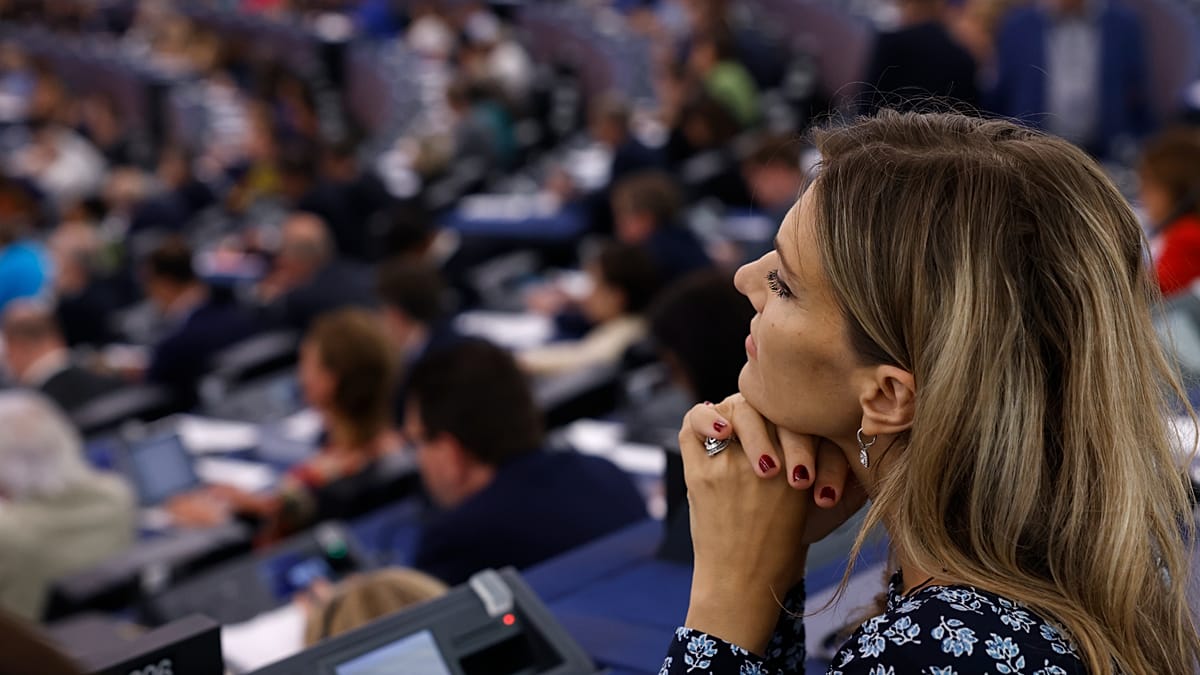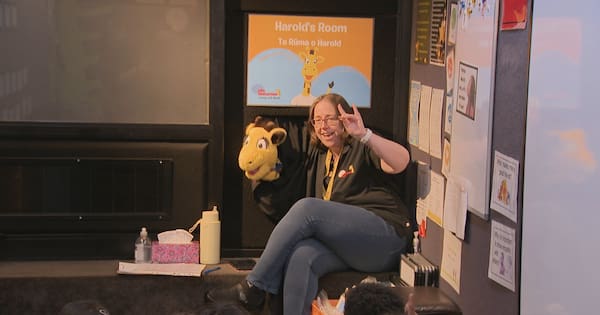
There are renewed calls for the Government to fund more counsellors in schools, as new research shows demand for mental health support among students continues to climb.
A new Barnardos Aotearoa survey of schools has found more than half believe existing counselling services are failing to meet the needs of their students.
Seventy-six per cent of schools reported an increase in students seeking counselling, up from 60% in 2023.
Barnardos’ chief executive Matt Reid said the rise reflected the wider challenges many children faced.
“Poverty, housing, family violence – one in eight children in New Zealand are currently living in material hardship. So, there are a lot of really significant factors contributing to what we’re seeing here,” he said.
The survey also found 17% of schools had no counsellor at all, while most others only had one part-time.
The New Zealand Association of Counsellors recommended at least one counsellor for every 400 students, but president Huhana Pene said that standard was far from being met.
“Ideally, every primary and intermediate school should have one counsellor. High schools should have two to three,” she said.
Demand ‘skyrocketed’ since Covid
At Sacred Heart College in Lower Hutt, principal Katrina Kerr-Bell said even with two counsellors and an additional youth worker funded by the school board, students were still waiting an average of 10 days for an appointment.
“We’re still looking for creative ways to engage with our community to get support for our young people,” she said.
The report also highlighted growing pressure on organisations such as the Life Education Trust, which worked in schools to teach children about mental health and resilience.
Educator Carleen Craig said demand for their sessions had “skyrocketed” since the Covid-19 pandemic.
“Most of my schools now want us to focus on wellbeing and resilience – that’s 80% of what I do,” she said.
Mental Health Minister Matt Doocey said the Government was continuing to fund initiatives such as Gumboot Friday, which delivered more than 30,000 free counselling sessions nationwide through a network of over 700 counsellors.
Reid said Barnardos wanted to work with the Government, business, iwi, and philanthropists to expand access to services including its What’s Up helpline, a free counselling service for young people aged five to 19.
“The What’s Up service is available from 11am to 11pm every day, providing professional counsellors at the end of a chat line or a phone line,” he said.
“It’s free, safe, and often offers early advice that can prevent bigger problems down the track. We want to have a big conversation about how to make services like this and others much more accessible for all children who need support.”

